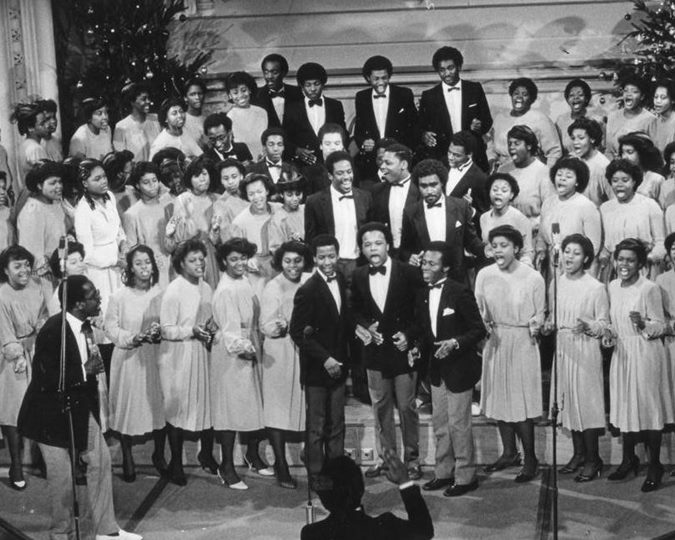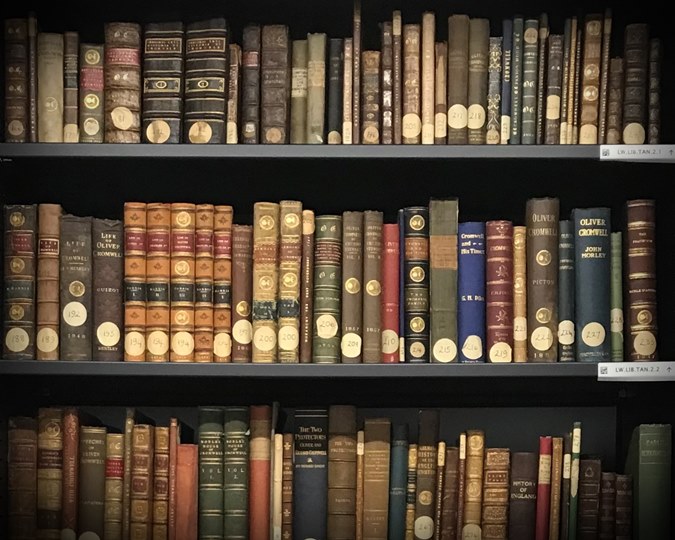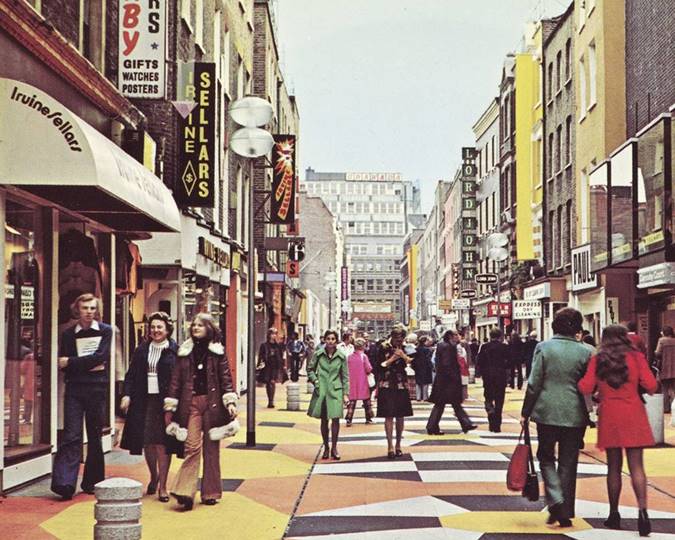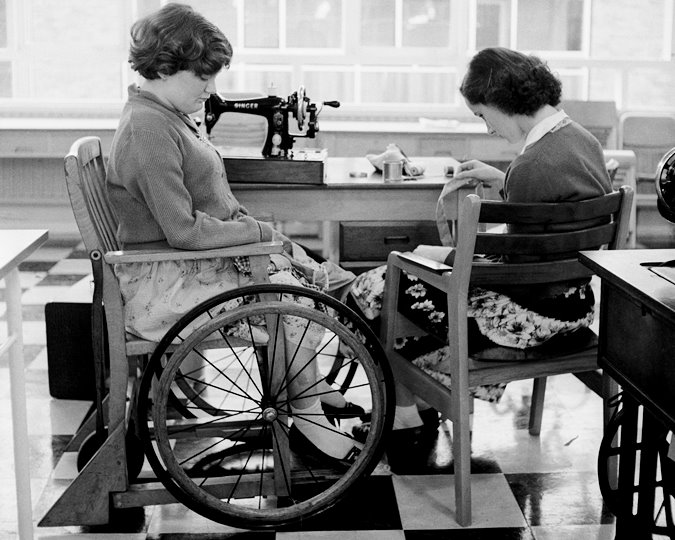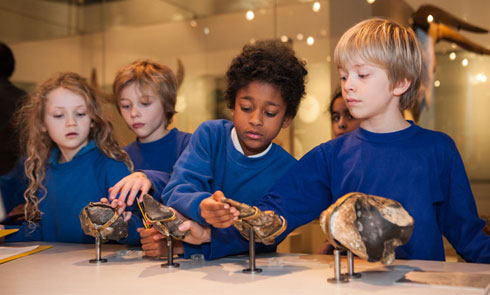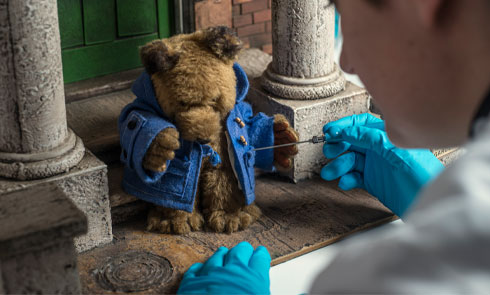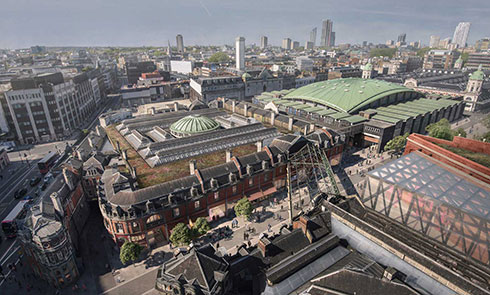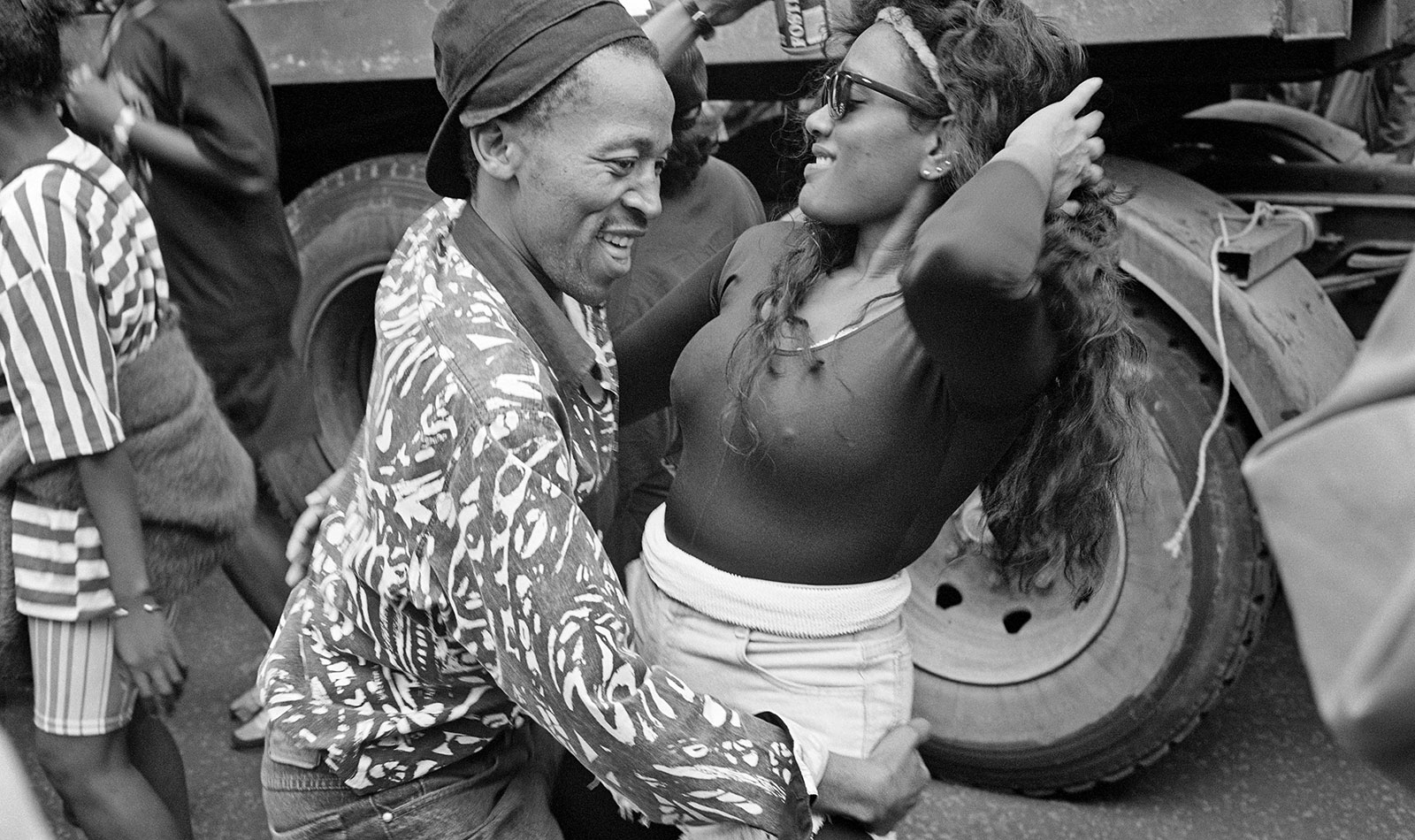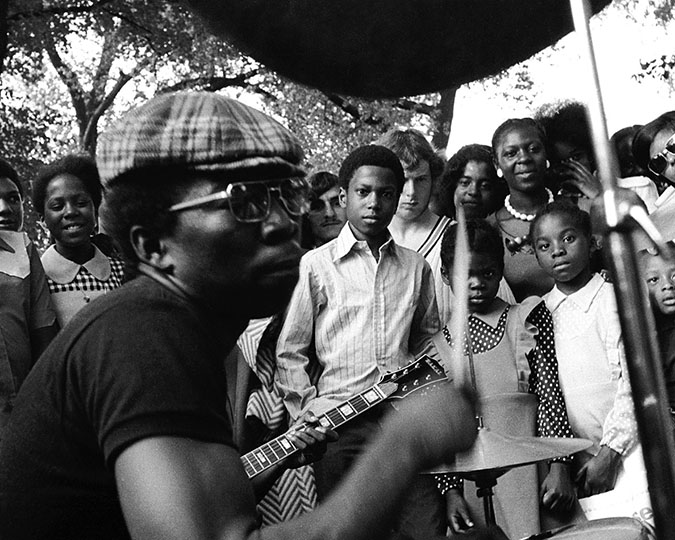Dub London
There are many voices of dub. Its history, spirituality, movers and influencers shape London’s multicultural landscape.
Curating London’s Dub London: Bassline of a City spotlights the reggae record shop as a centre of dub culture and community. For the African Caribbean community invited to live and work in the UK, battling with racism and bigotry on a daily basis, it was a place to soak up the sounds, words and visions of ‘back home’ - a direct link to the Jamaican music industry.
The reggae record shop offered Black British youth opportunities to re–connect with their African heritage and to embrace their roots through music. The ‘dub’ sound born on the B-sides of reggae records with vocals ‘dubbed’ out by the sound engineer, leaving bassline and drumbeat, enabled young Black Londoners to shape their versions, add their voices and translate their experiences into rhythmic socio-political poetry.
We have collected 150 vinyl records as part of Curating London’s contemporary collecting process; visitors will be able to select and hear tracks in the museum’s own record shop. Dub London also explores the visual impact of sound systems as they exploded in popularity and rivalry at house parties, dance halls, community centres and out onto London streets.

